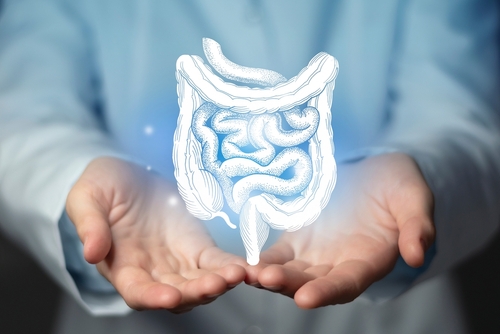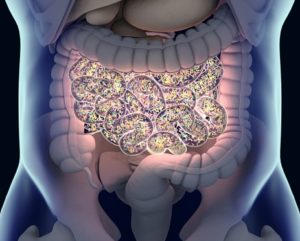Diet plays a key role in managing Crohn’s disease (CD) and ulcerative colitis (UC), though its effects differ. For CD, high protein, sugar-sweetened beverages, and low polyunsaturated fatty acids (PUFA) may increase disease risk, while omega-3 fatty acids, dairy, fiber, and polyphenols are protective. UC is linked to red meat, trans fats, and omega-6 PUFA, with oleic acid and vitamin D offering protection. The Mediterranean diet (MED), rich in plant-based foods and low in red meat, is associated with lower CD risk, though its impact on UC is unclear. A healthy eating pattern emphasizing fiber and reduced red meat is recommended for both diseases.
In treatment, exclusive enteral nutrition (EEN) is effective for inducing remission in CD, especially in children, and is gaining use in adults. EEN, along with partial enteral nutrition (PEN) and the Crohn’s disease exclusion diet (CDED), improves outcomes but lacks long-term support. For UC, diets like the UC exclusion diet (UCED) and 4-SURE diet help reduce inflammation and improve disease activity, focusing on high fiber and low red meat. While dietary interventions show promise in inducing remission, further research is needed to determine their long-term role and the most effective dietary patterns for both diseases.
Reference: Halmos EP, Godny L, Vanderstappen J, et al. Role of diet in prevention versus treatment of Crohn’s disease and ulcerative colitis. Frontline Gastroenterol. 2024 Jan 9;15(3):247-257. doi: 10.1136/flgastro-2023-102417. PMID: 38665795; PMCID: PMC11042448.









